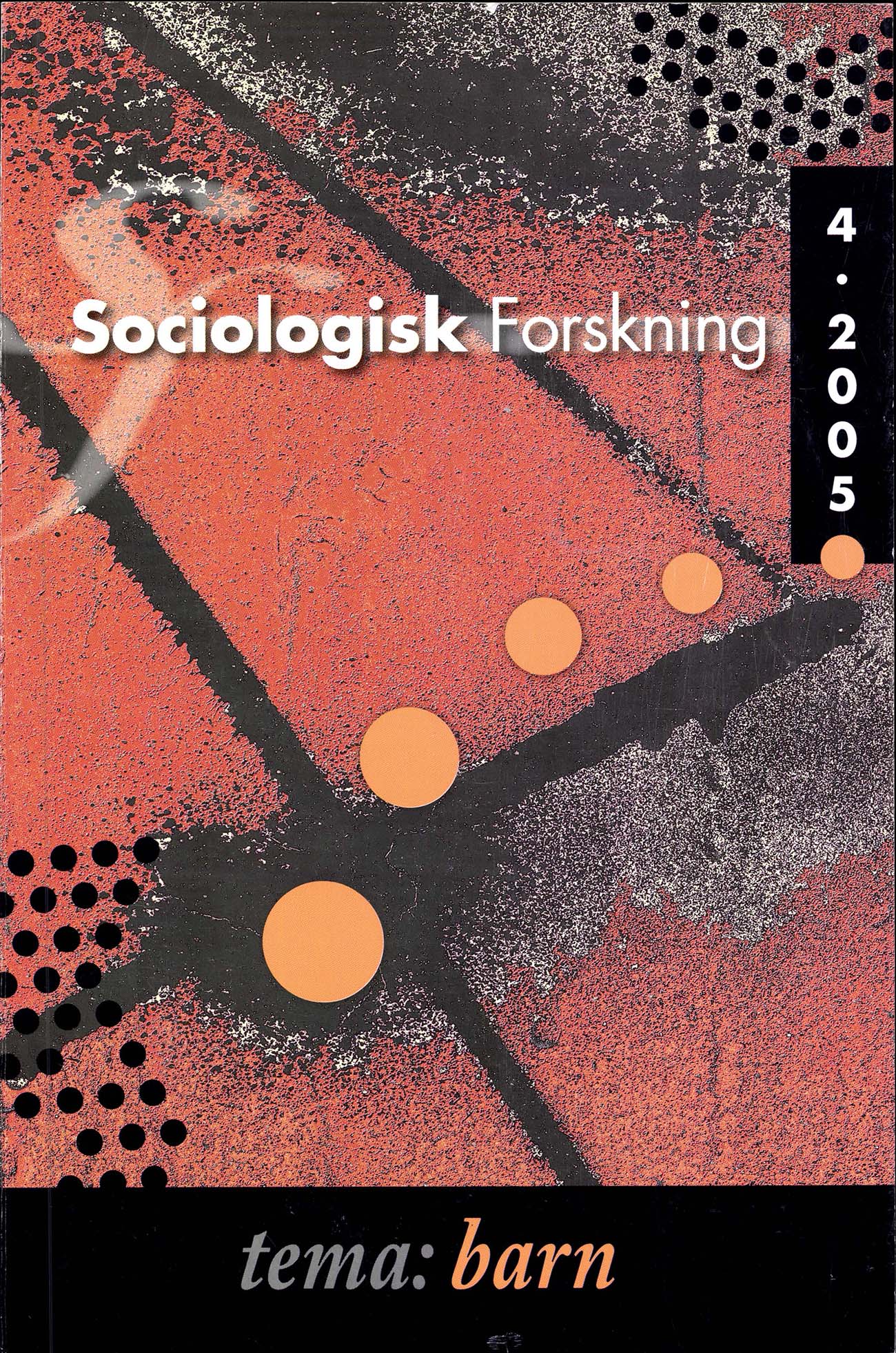Moskvaprocesserna och det svenska kommunistpartiet
DOI:
https://doi.org/10.37062/sf.42.19352Keywords:
communism, show trials, Swedish Communist PartyAbstract
The Moscow show trials of the 1930s is of great importance in the history of communism. The Swedish Communist Party was supportive of both the trials and the ensuing death penalties. This article describes the reporting and editorial comments written by Swedish newspapers and journals, as well as the Communist Party reaction documented in the archives. Was there any discussion within the party? Were there any critical voices? How did the communists argue when they defended the trials? Finally, what was the political outcome for the Swedish party? The article states that the problem for those outside the party who were critical of the trials and the death penalties was the fact that the persons prosecuted pleaded guilty to the crimes. This was also the main argument used by the Swedish Communist Party in defending the trials. The party strongly condemned the prosecuted and showed no leniency. It was later revealed that Hilding Hagberg, the successor to Sven Linderot as party leader, claimed that they were both against the trials and that Hilding Hagberg even wrote to the central committee ofthe Swedish party and suggested it should try to get the Soviet party to stop the trials. Protocol from the Politburo confirms that Hagberg was indeed critical. Although the party did manage to increase its percentage of votes in the elections during the period, the political ramifications of the trials were increased isolation of the Swedish party due to the fact that the previous positive attitude toward the Soviet Union diminished among leftists outside the party.
Downloads
Published
How to Cite
Issue
Section
License
All content in Sociologisk Forskning is published with immediate open access, under the Creative Commons license CC BY-NC-ND 4.0.
All content may be read, downloaded, shared and printed for non-commercial purposes, free and without fees. Contents may not be altered. When content is reused, author, source and a link to the copyright licence must be provided. The author retains copyright to their content. No publication fees are charged.





